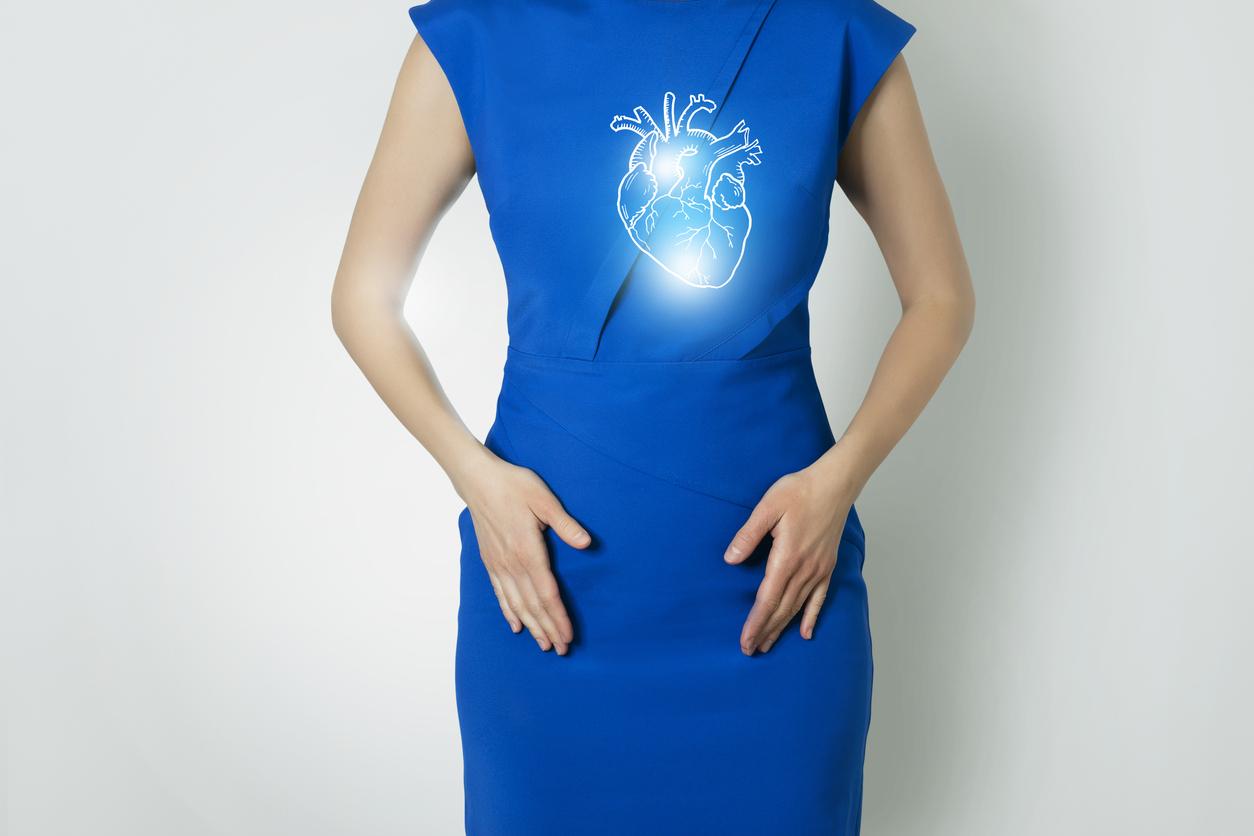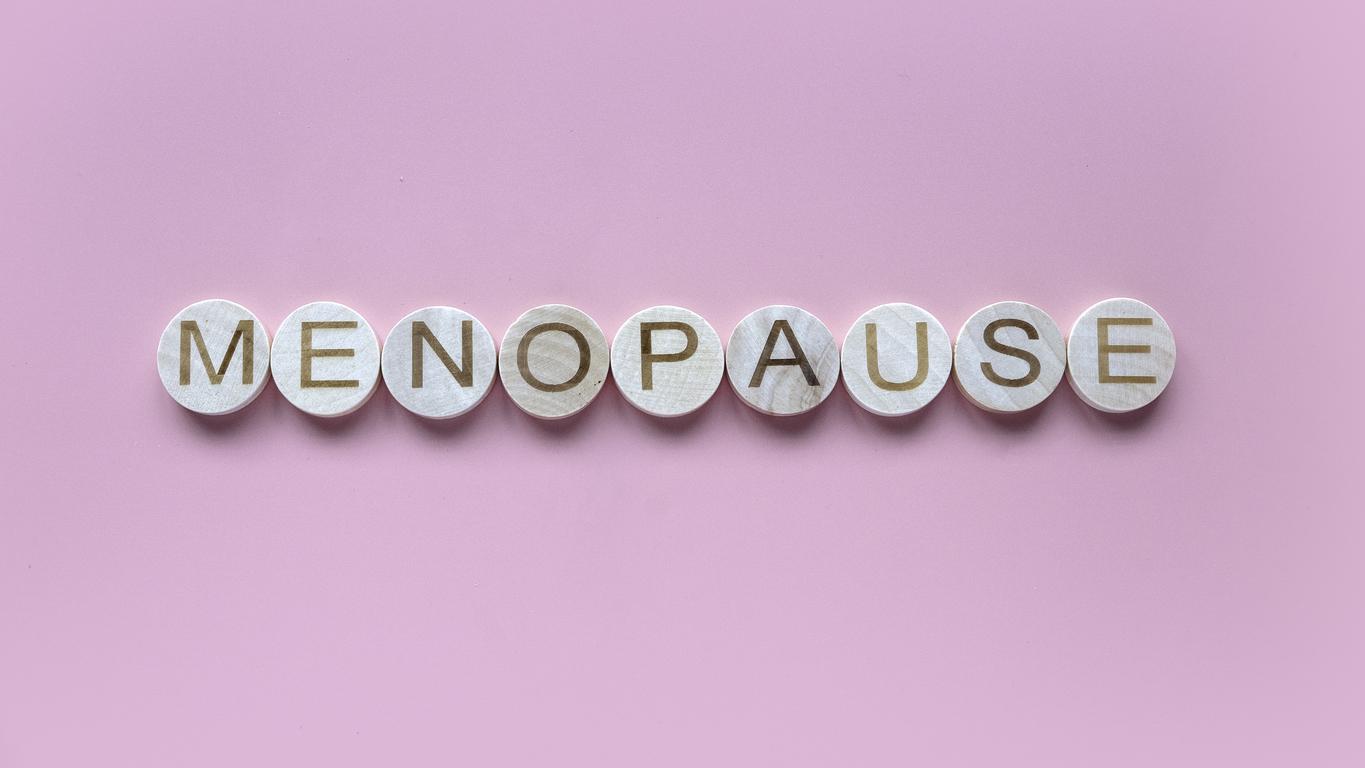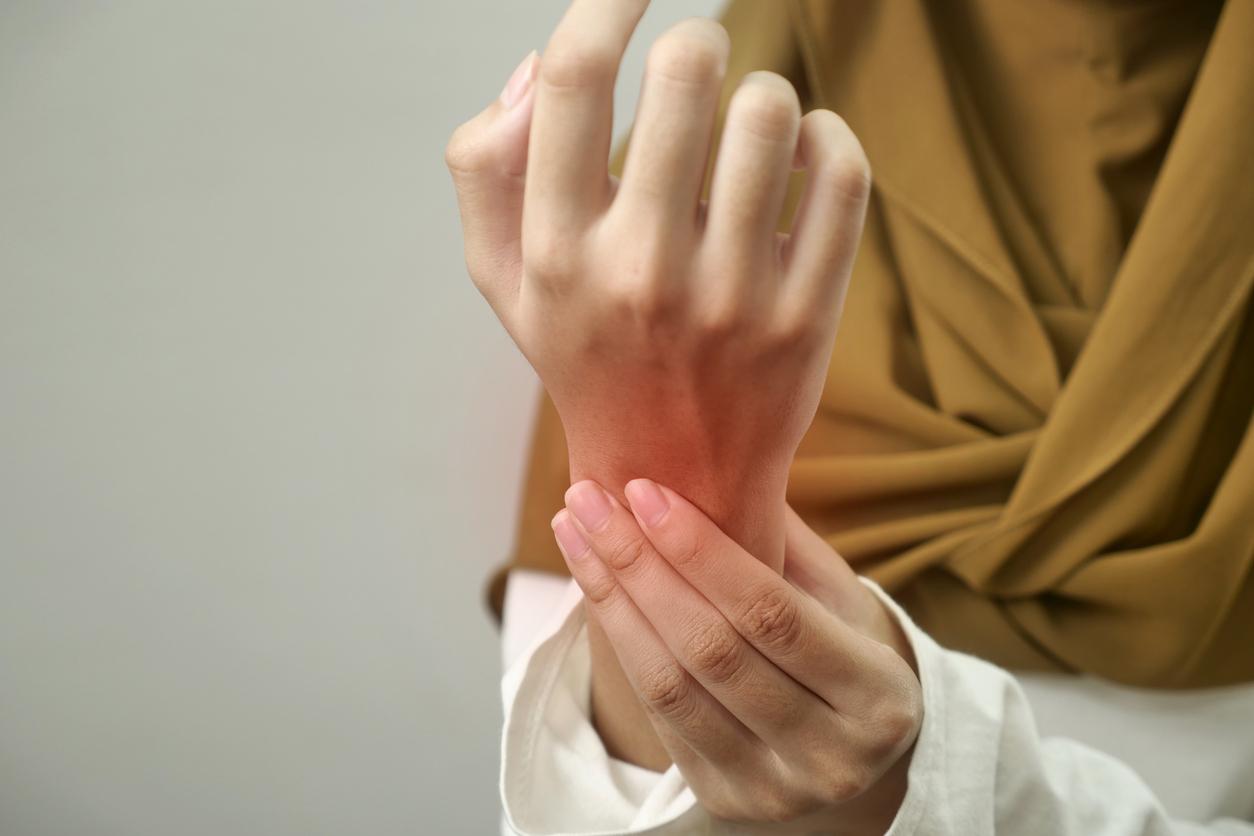
What hormones can do
When you think of menopausal symptoms, you probably immediately think of hot flashes. Change in weight, sleeping problems and strong emotions are also phenomena that most people are familiar with. Yet menopause is often accompanied by even more changes in the body. And those complaints are not all equally obvious.
1. Lower Voice
It may sound a little strange, but the transition affects your vocal cords. The hormonal changes cause the vocal cords to become less flexible. This makes it more difficult to reach high tones, the voice intensity decreases and your vocal cords will tire more quickly.
Menopausal singers sometimes have voice problems: the menopausal voice syndrome. The voice often becomes masculine during the transition. It is striking that heavier women seem to suffer less from this.
2. Incontinence and bladder complaints
Scientists are not yet in full agreement about the role of menopause in urinary continence. The development of incontinence seems to be a continuous process. The transition can give this a small acceleration. There are slightly more indications for prolapse symptoms; these complaints can increase more quickly after the transition. Women are also more likely to have a recurring bladder infection after the menopause.
Age plays an important role in these complaints. With age, the quality of connective tissue decreases. However, a deficiency of the hormone estrogen also seems to cause muscle tissue to age more quickly, causing the muscles around the pelvic floor to weaken.
3. Allergic Reaction
Did you suffer from an allergy as a child or at another time in your life? Then it may just be that the allergy comes back or worsens during the transition. Hormonal fluctuations can cause the amount of histamine in the body to increase sharply, which can lead to an increase in signs and symptoms. A new allergy can also arise during the menopause.
It is often difficult to determine whether you really suffer from a new allergy. Especially because you may not recognize the symptoms as such and react to substances that you have never had problems with before. However, an increased reaction to chocolate, dairy, perfume or medicines can well be an allergy. In case of suspicion, it is therefore advisable to consult your doctor.
4. Stronger Body Odor
The hormonal changes associated with menopause can affect body odor in several ways. First of all, there is a good chance that you perceive smells differently. You may not like some everyday smells. You can smell better, are more sensitive or experience smells differently.
If you’re not the only one who thinks you smell different, your body odor has really changed. Increased perspiration can make you smell stronger, but the smell itself can also undergo a change under the influence of hormones.
5. Feel like eating different food
Just like your sense of smell, the sense of taste can also change as a result of hormones. Need for other foods such as chocolate before or during menstruation or the well-known pickle when you are pregnant are examples of this. The hormonal changes during the menopause can also affect your taste and what you eat.
You may begin to taste better and become more sensitive to flavors. Dishes you used to love may suddenly become distasteful to you, or something you detested may suddenly taste amazingly good. Often, during the transition, preference is given to fresh raw vegetables instead of cooked ones.
Another cause of the taste change is the reduction in salivation that many women experience during the menopause. Saliva is needed to dissolve foods so you can taste flavors. And if your mouth is very dry, spicy food irritates the mucous membranes. Toothpaste can therefore be too sharp.

















